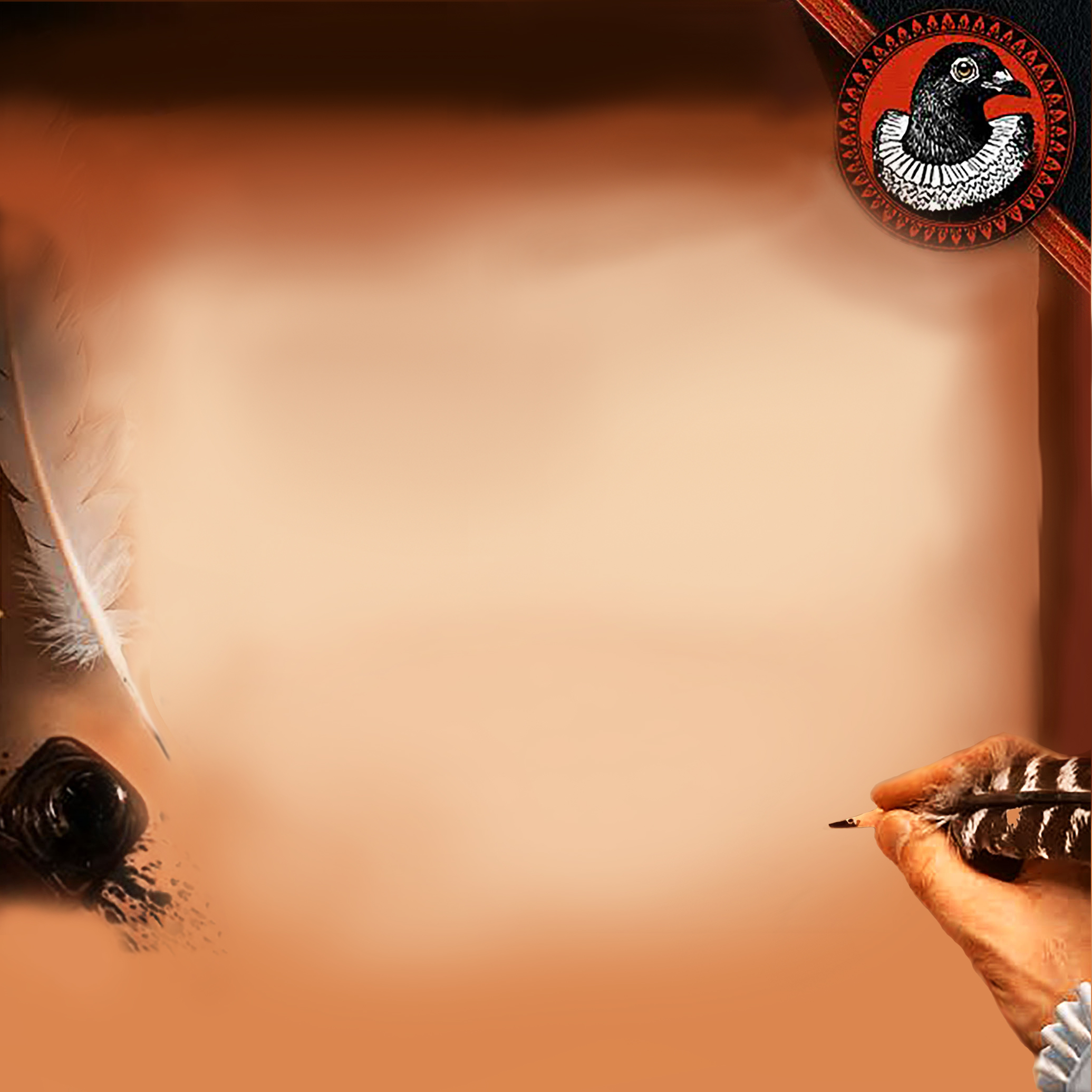Happy Hanukkah! The Jewish holiday commemorates a military victory over the Greeks achieved in 164 B.C., after a four-year guerrilla war. Four years prior, in 168 B.C., a Greek army seized the great Temple in Jerusalem and rededicated it to Zeus. The Jews accepted that insult, but could not accept an imperial edict ordering the death of any Jew who observed Jewish rituals, and a further order that Jews actively worship the Greek gods.
Loyalty oaths are still a thing today, of course. (Anti-racism, anyone? Of course we’re all against racism, but that’s different than having prescribed words forced out of your mouth. If you don’t think racism is systemic in today’s world, the way it certainly was before the Civil Rights Act of 1964, you can sense a bit of what the Jews felt before the mighty Greeks.)
Meanwhile, in July 1403, a civil war was brewing in Britain. King Henry IV (“Uneasy lies the head that wears a crown”) is facing down forces raised by the Percys, led by Henry Percy, better known as Hotspur, widely regarded as the premier soldier of the age. Henry IV’s son, Prince Hal, shakes off his party boy habits to join his father in battle. Hal, who as the heir apparent is the Prince of Wales, even offers to meet Hotspur in single combat:
Hal: “The Prince of Wales doth join with all the world
In praise of Henry Percy…
For my part, I may speak it to my shame,
I have a truant been to chivalry;
And so I hear he doth account me too;
Yet this before my father’s majesty—
I am content that he shall take the odds
Of his great name and estimation,
And will, to save the blood on either side,
Try fortune with him in a single fight.”
Back in 168 B.C., a Jewish high priest, Mattathias, tried fortune in a single fight and killed a Greek officer, sparking the four-year rebellion. The rebellion cost Mattathias his own life and the lives of four of his five sons, but the last, Judah Maccabee, led Israel to victory.
Well, not everyone has the same response when they are called on to pay a debt of honor. Falstaff himself was impelled to join Prince Hal in putting down the rebellion, and here he is talking with Hal on the field of battle (bestride me means lie on top of me to protect me; be loath to is be reluctant to; a trim reckoning is a calculated bargain; detraction here means slander; scutcheon, as an emblazoned shield, is a symbol of personal or family status):
Falstaff: “Hal, if thou see me down in the battle and bestride me, so;
’tis a point of friendship.”
Hal: “Nothing but a colossus can do thee that friendship.
Say thy prayers, and farewell.”
Falstaff: “I would ’twere bedtime, Hal, and all well.”
Hal: “Why, thou owest God a death.”
Exit Prince Hal
Falstaff: ‘Tis not due yet; I would be loath to pay him before
his day. What need I be so forward with him that
calls not on me? Well, ’tis no matter; honour pricks
me on. Yea, but how if honour prick me off when I
come on? how then? Can honour set to a leg? no: or
an arm? no: or take away the grief of a wound? no.
Honour hath no skill in surgery, then? no. What is
honour? a word. What is in that word honour? what
is that honour? air. A trim reckoning! Who hath it?
he that died o’ Wednesday. Doth he feel it? no.
Doth he hear it? no. ‘Tis insensible, then. Yea,
to the dead. But will it not live with the living?
no. Why? detraction will not suffer it. Therefore
I’ll none of it. Honour is a mere scutcheon: and so
ends my catechism.
Falstaff appears to conclude that whatever kills him does not make him any stronger, and honor be damned. Hal, and the Maccabees, recognize the value of preserving honor, and that, after all, we each owe God a death.
Happy Hanukkah!
